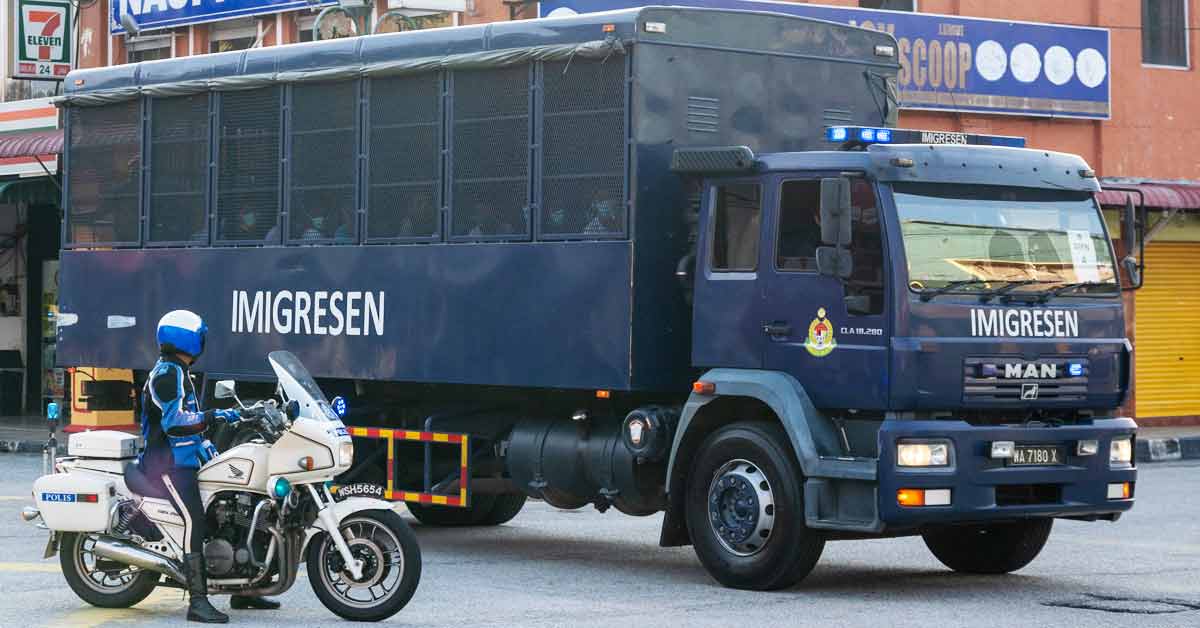The United States (US) on Wednesday led criticism of Malaysia for deporting more than 1,000 Myanmar nationals back to their military-ruled nation in defiance of a court order.
The migrants, who activists say include vulnerable asylum seekers, departed Tuesday on Myanmar navy ships from a Malaysian military base just weeks after a coup.
Rights groups had fiercely criticised the plan, and hours before the deportation the Kuala Lumpur High Court ordered it be temporarily halted to allow a legal challenge from activists.
The United States, which under President Joe Biden has ramped back up refugee admissions and sought to rally pressure to reverse Myanmar's coup, said it was "concerned" by the move by Malaysia, with which Washington has enjoyed largely friendly relations in recent years.
State Department spokesman Ned Price said that the military in Myanmar, also known as Burma, "has a long-documented history of human rights abuses against members of religious and ethnic minority groups".
Price noted that Malaysia went ahead "in spite of a Malaysian court order barring their deportation and in light of ongoing unrest in Burma that of course has been taking place since the coup".
"We continue to urge all countries in the region contemplating returning Burmese migrants back to Burma to halt those repatriations until the UNHCR can assess whether these migrants have any protection concerns," Price told reporters in Washington, referring to the UN refugee agency.
Officials offered no explanation as to why they ignored the court's instructions and sent back the 1,086 migrants.
'Dangerous Deportations'
In a joint statement, four opposition lawmakers condemned the "inhumane" deportation and suggested government officials could be held in contempt for ignoring the legal ruling.
"This act... is a clear display that the Malaysian government does not respect the ongoing court process and has put Malaysia in a bad light on the human rights front," they said.
Amnesty International, one of the groups that challenged the deportation, said the government "owes an explanation to the people of Malaysia as to why they chose to defy the court order".
"These dangerous deportations have not been properly scrutinised and put individuals at grave risk," said Katrina Jorene Maliamauv, executive director of Amnesty's Malaysia office.
More than 100 migrants originally to be deported are believed to have been left behind, with officials offering no explanation as to why. On Wednesday the High Court ruled those remaining should not be sent back as NGOs challenge the repatriation.
Malaysian immigration officials insisted there were no members of the persecuted Rohingya minority - not recognised as citizens in Myanmar - or asylum seekers among those repatriated.
But rights groups have raised doubts over authorities' claims there were no asylum seekers among the deportees.
Authorities have since 2019 blocked the UNHCR from immigration detention centres, meaning they cannot assess which migrants have genuine asylum claims and should be allowed to remain in Malaysia.
It is rare for NGOs to challenge repatriations but in the latest case, they were particularly concerned about the worsening human rights situation in Myanmar since the coup. - AFP
